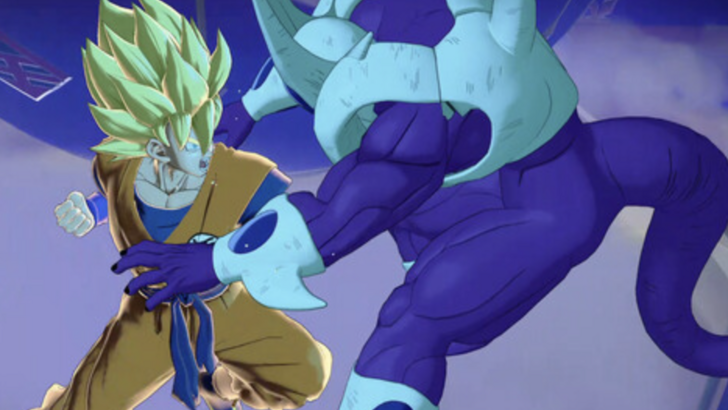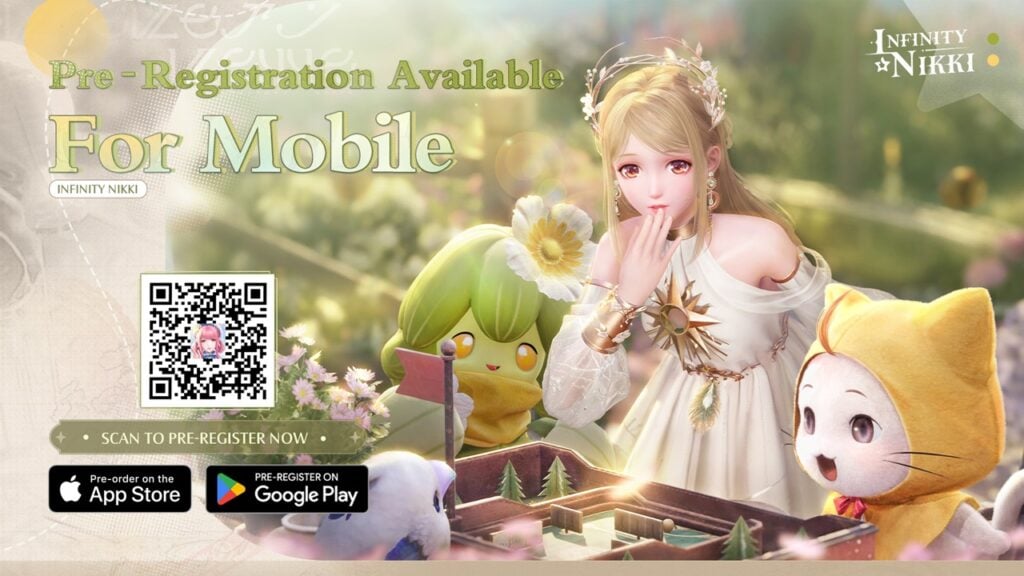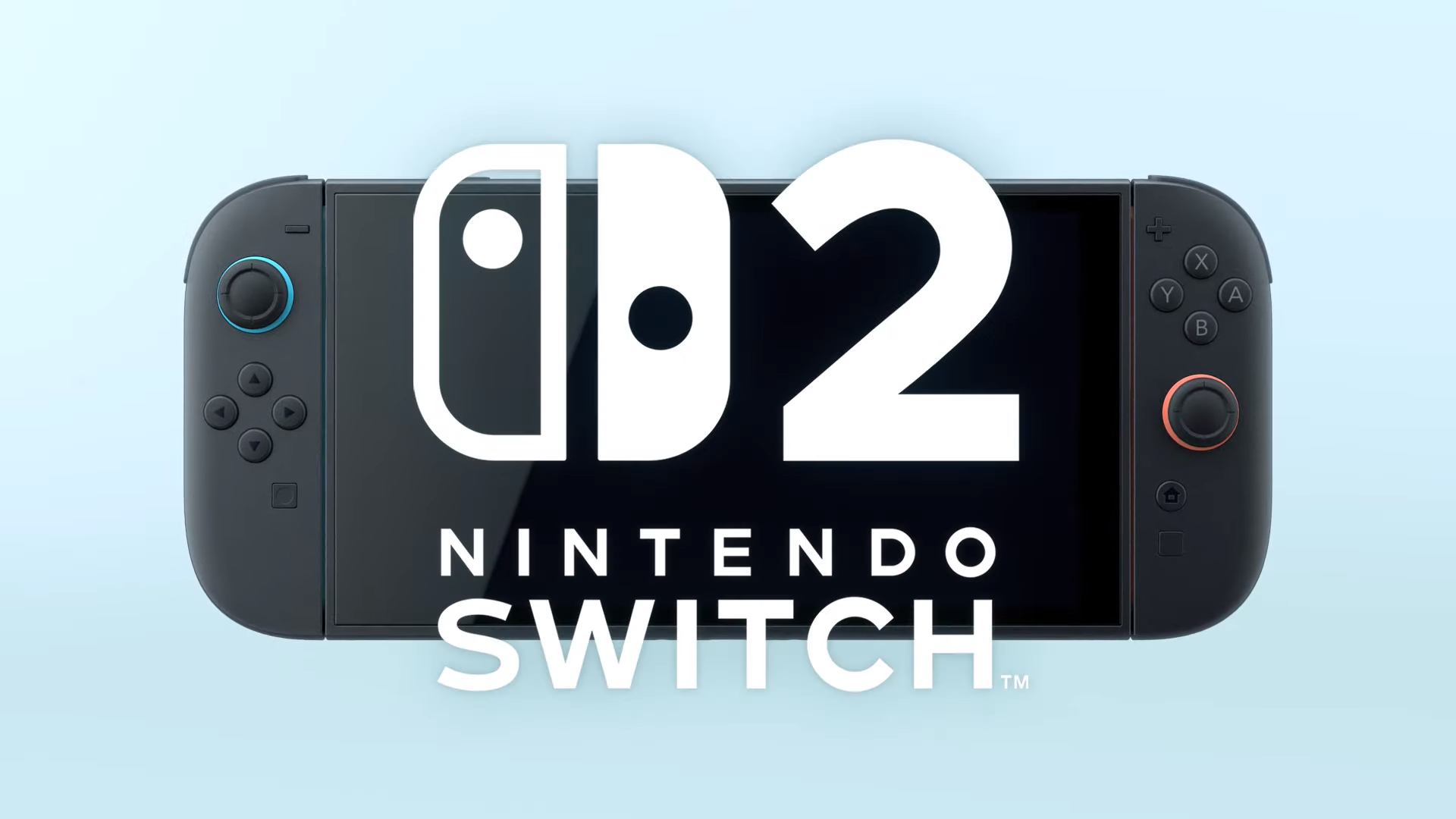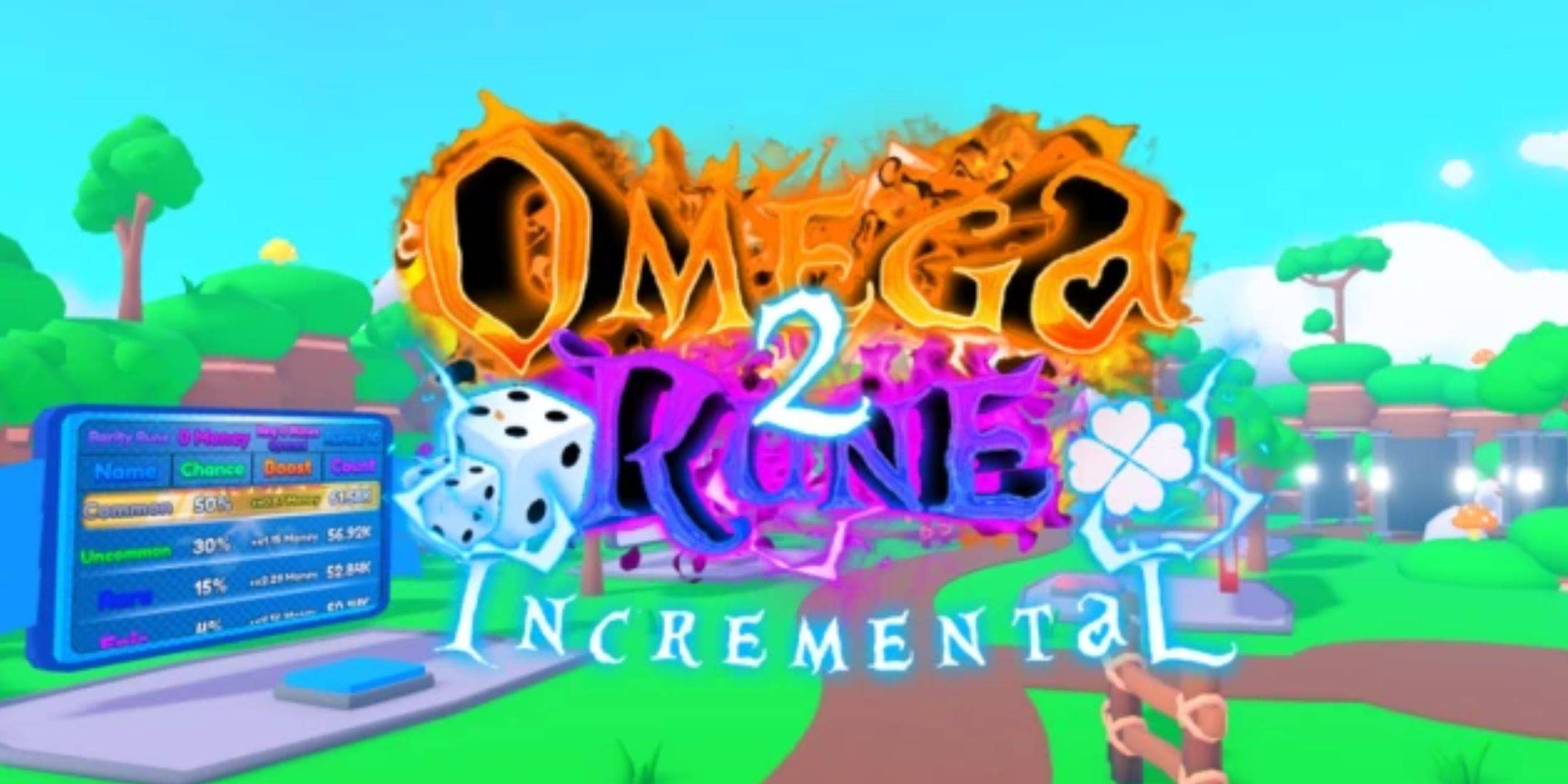CD Projekt Red: Mastering Choice and Consequence in Gaming
- By Carter
- May 27,2025
CD Projekt Red has carved out a unique niche in the gaming industry, celebrated for its ability to create exceptional role-playing games (RPGs) that resonate deeply with players. The studio's reputation is anchored by two landmark titles: The Witcher 3: Wild Hunt, now celebrating its 10th anniversary and often hailed as one of the best RPGs ever created, and Cyberpunk 2077, which, after significant updates, has emerged as a stellar example of open-world roleplaying. These games, along with other notable releases, have established CD Projekt Red as a globally respected name in gaming. But what sets their games apart from the competition?
The magic of CD Projekt Red's RPGs lies in the seamless integration of various elements that together create a compelling and authentic experience. The studio excels in crafting narratives where the story, world, and characters evolve based on player choices. This approach, while common in RPGs, is executed with a level of depth and nuance that few others achieve.
Patrick Mills, CD Projekt Red's franchise content strategy lead, highlights a key challenge many developers face: "When I play other triple-A RPGs or RPG adjacent games, I very often can feel the limitations of their tools. You can see the ambition of the designer and you see that the ambition is not quite delivered upon." He emphasizes that it's not a matter of lazy design but rather the constraints of the tools used. CD Projekt Red has invested heavily in its own REDengine, a custom toolset refined over four iterations, which has enabled the studio to realize its ambitious visions. This engine allows for a cohesive game experience where player actions have significant and noticeable impacts.
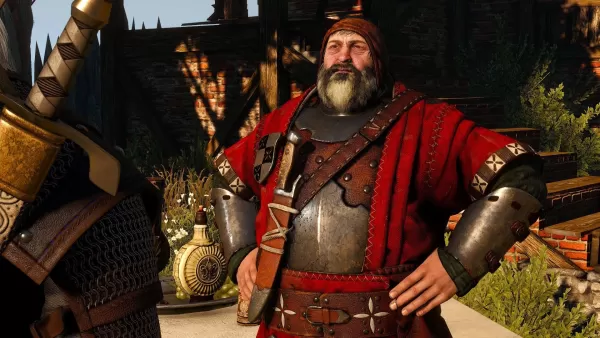
The REDengine's evolution has facilitated innovative quest designs. In The Witcher 3, quests are divided into exploration, dialogue, and combat, while Cyberpunk 2077 expanded this to include diverse playstyles like stealth and hacking. The Phantom Liberty expansion for Cyberpunk 2077 introduced quests inspired by different genres, showcasing the studio's commitment to variety and player engagement.
Miles Tost, level design lead, underscores the importance of this variety: "I think especially with the RPGs that we're making, which tend to be relatively sizable, it's almost like a necessity, right? You need to find the variety in the gameplay and ways to bend the systems in a way that you create some new and fresh experiences, because otherwise players will just burn out on it."
CD Projekt Red's narrative approach is equally meticulous. The studio ensures that every quest has a twist, a unique element that sets it apart. Mills notes, "Killing the bandits who stole from a village is 'boring' and 'not an interesting story.'" Instead, the studio focuses on crafting narratives that are unpredictable and responsive to player actions. Through "destruction testing," where playtesters explore quests in every possible way, CDPR can refine missions to accommodate various player behaviors, resulting in more natural and responsive storylines.
Choices in CD Projekt Red's games are nuanced and impactful. Unlike the traditional binary choices seen in many RPGs, CDPR's games present dilemmas where the line between good and evil is blurred. The consequences of these choices are often delayed, adding to the authenticity and weight of each decision. This approach is evident in iconic choices like those in The Witcher 3's Bloody Baron quest and Cyberpunk 2077's Phantom Liberty expansion, where players must decide between helping Songbird or Reed, with far-reaching consequences.
Paweł Sasko, associate game director, explains the preparation behind these choices: "All the sides are presented to you beforehand. You had an opportunity to actually assimilate all the information. You understood it well, you get the characters, you know what they are about. So at the moment when you are faced with a choice, you understand the context and you understand the implications of what you're doing."

The studio's commitment to player agency is further demonstrated in The Witcher 2, where the choice between Vernon Roche and Iorweth fundamentally alters the game's second act. This level of branching narrative is resource-intensive, as Tost notes: "We haven't gotten more afraid over the years of people missing our content. We're very much fine with that happening. But it's also the amount of resources you commit to basically making two different stories, which is almost like two different games."
Despite the success of The Witcher 3 and Cyberpunk 2077, CD Projekt Red acknowledges areas for improvement. Mills reflects on the initial reception of Cyberpunk 2077: "We built choice and consequence into most of our quests. We built it into the structure of the game, but it just didn't feel satisfying." The team learned that their approach to choice and consequence was too subtle, and players often missed key elements in the dense world of Night City.
Sasko discusses the importance of clear consequences, using The Pickup quest in Cyberpunk 2077 as an example: "When you come back to the meat factory, there are consequences of your choices, but you have to really be there, come and look for it, and most players don't." This realization led to a more direct approach in Phantom Liberty.

The writing team plays a crucial role in eliciting emotional responses from players. Paweł Gąska, quest designer, emphasizes the importance of dialogue and cinematics: "As quest designers, we can think of good choices, good dilemmas, good themes, but it's the writers who have to deliver the dialogues that will actually elicit emotions in the players."
Sebastian Kalemba, game director on The Witcher 4, speaks to the studio's approach to choice and consequence: "Our approach is the approach for the way we live, right? You don’t know what's going to happen tomorrow, but there are several choices you have today. And by designing the experience from the get-go this way, we let ourselves do our games as best as possible and ask players to be open and ready for the consequences."
As CD Projekt Red moves forward with The Witcher 4, the studio faces new challenges, including transitioning from the REDengine to Unreal Engine 5. This shift requires the team to learn and adapt to new tools while maintaining their commitment to player agency and impactful storytelling. Kalemba outlines their goals: "We want to put player agency in the center. We want players to be able to really sense these opportunities and to go in-depth when it comes to choice and consequences."
The evolution of The Witcher series will involve providing players with more tools and opportunities to define their experience, both narratively and gameplay-wise. The success of The Witcher 4 will hinge on how well CD Projekt Red can leverage past learnings to push the boundaries of what's possible in RPGs, ensuring that Ciri's next adventure continues to uphold the studio's legacy of respecting and fulfilling player choices.
Latest News
more >-
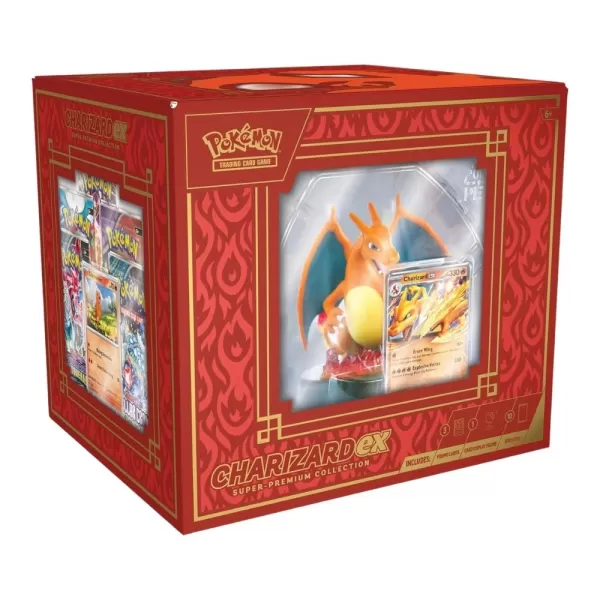
- Xbox Controller Gets a Major Upgrade
- Feb 13,2026
-
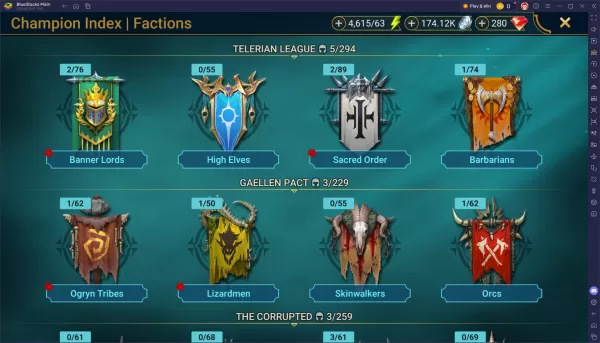
- Top 2025 Faction War Champions in Raid
- Feb 12,2026
-
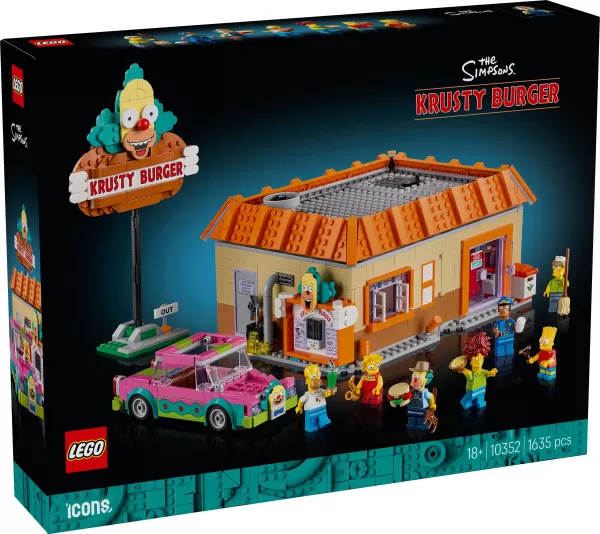
- The Simpsons Krusty Burger LEGO Set Returns
- Feb 12,2026
-
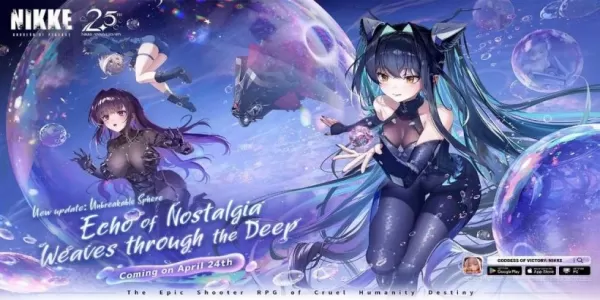
- Nikke Marks 2.5 Years with Anniversary Event
- Feb 12,2026
-
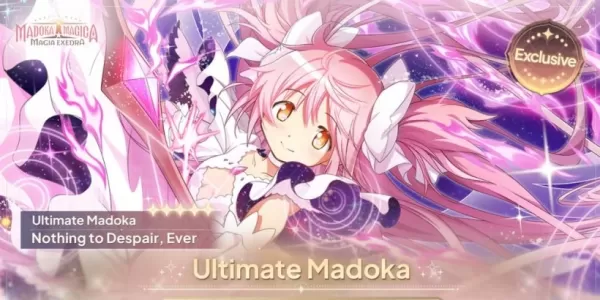
- Magia Exedra Launches New Fate Weave & Battles
- Feb 12,2026
